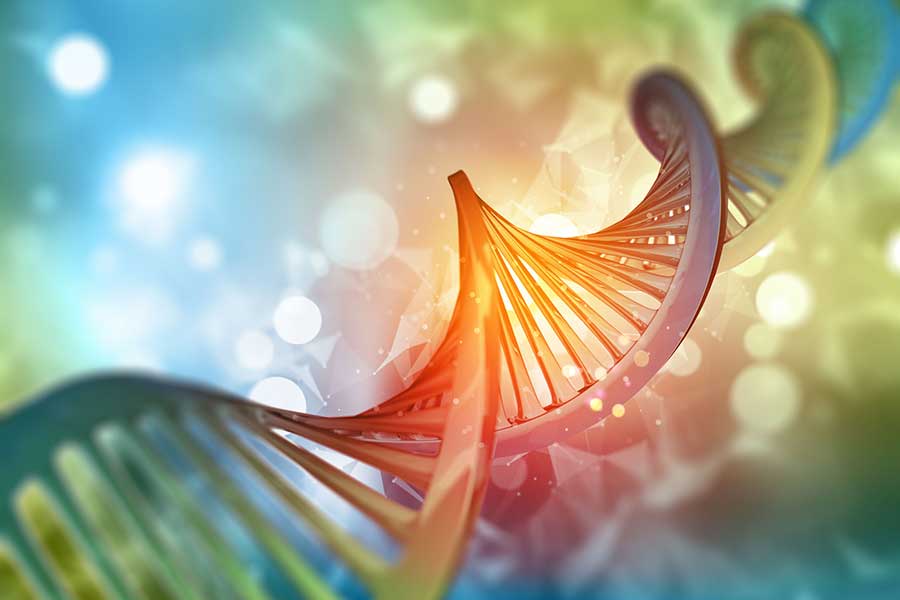What if your doctor could create a perfect diet, one based on your DNA, in order to help you lose weight? While it may sound like a concept from the future, scientists say a diet customized just for you might actually be something your doctor can help you with in the next five years. These genome-specific diets could be the answer for people trying to shed pounds where previous diets have failed. In a new study, which once again confirms the connection between genetics and obesity, researchers analyzed genetic tests, research on weight fluctuations and genomic research to try and find a correlation between the two.
Multiple genes related to obesity were identified, but the researchers said it was unclear what the exact impact of each was on the human body. One gene, for example, appears to automatically store energy as fat rather than burning it through normal activity, but why?
“Although a genetic basis for obesity and body composition has been well established,” the researchers said, “family and twin studies also provide evidence that a person’s genetic makeup plays a role in response to weight loss or gain.”
Creating a Personalized Plan
Dr. Molly Bray, geneticist, and the study’s lead author, said that by 2020, these DNA diets will likely be integrated into “individualized weight-management plans,” which, as with most diets, will still only be effective when combined with an exercise routine. Customized diets will be created using a computer algorithm that analyzes a saliva sample provided by the patient. In addition to the person’s DNA, their environment, activity, diet and stress levels will all be taken into consideration to create an ideal meal plan for the person.
According to Bray, when people are informed that their genetics may be enhancing their risk of obesity, they don’t normally give up on the weight loss efforts; in some cases, it’s actually the motivation for people to try harder. When people hear that genes may be playing a role in their weight loss success, they don’t say, “Oh great, I just won’t exercise anymore.” They actually say, “Oh, thank you. Finally, someone acknowledges that it’s harder work for me than it is for others.” And then I think they’re a little more forgiving of themselves, and they’re more motivated to make a change.
The New York Post reports that around 33 percent of Americans are overweight. The DNA diet concept that is currently being developed — which would be designed to help people develop sustainable healthy eating habits — could be the answer doctors and nutritionists are looking for to help patients struggling with obesity achieve their optimal weight.
Obviously, prevention would be the best approach, but there are literally millions of individuals who are currently obese and are in dire need of more effective strategies for long-term weight loss that will improve overall health. (Bray)
The relationship between obesity and DNA has been firmly established in recent years. Previous research has shown people with specific genetic makeups have trouble recognizing when they are sufficiently satiated, making it difficult for them to know when to stop eating. This predisposition to obesity isn’t rare and is found throughout the general population.

